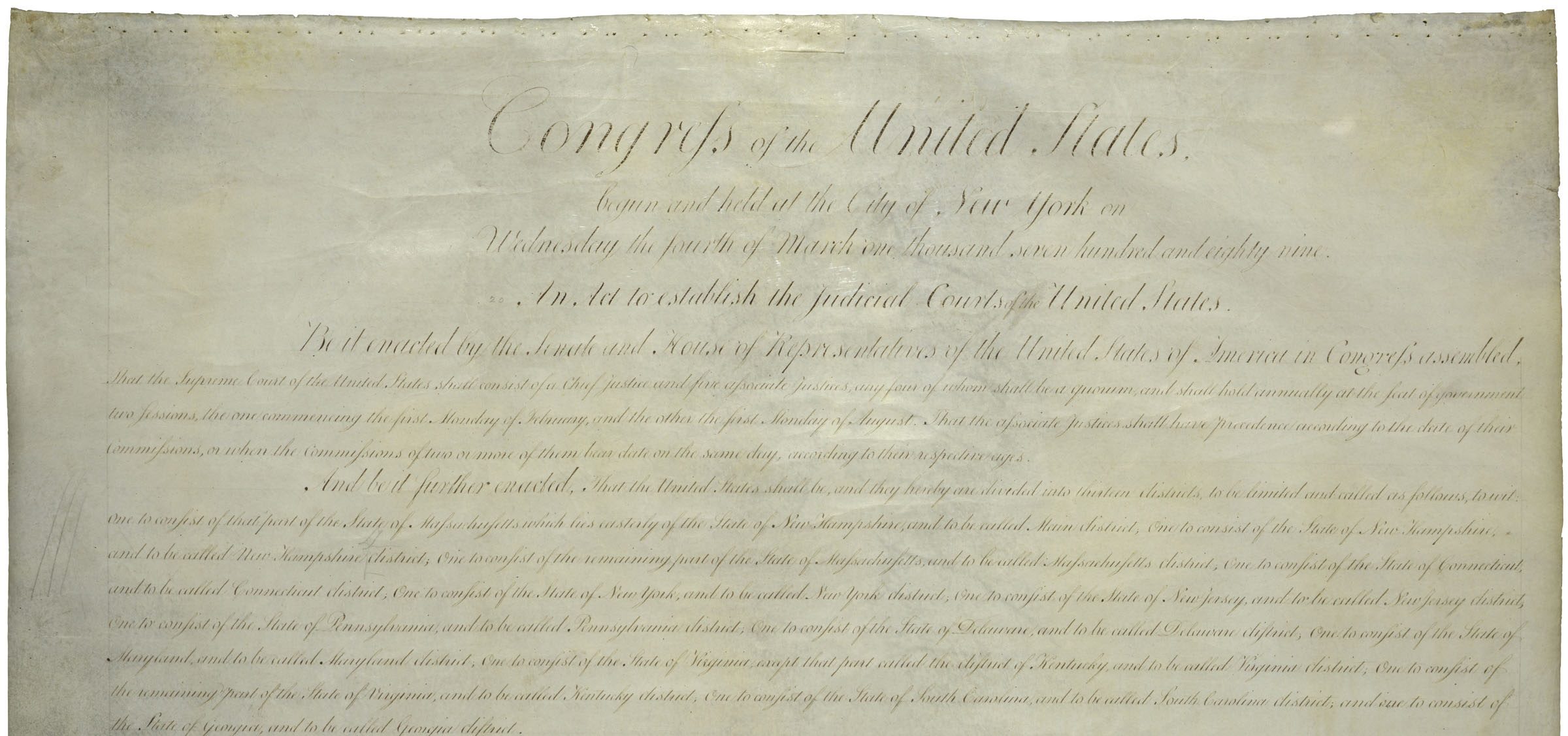In In re Grand Jury Investigation, No. 19-10187 (9th Cir. July 27, 2020), the Ninth Circuit considers the scope of Perlman v. United States, 247 U.S. 7 (1918), which provides an exception to the general rule that denials of motions to quash grand jury subpoenas are not final and appealable orders.
The grand jury, investigating alleged fraud in a corporate acquisition, issued a subpoena to a third-party company that then moved to quash. “The Company declined to produce the documents in its possession, and the district court held the Company in contempt.” The company then sought to appeal the denial of the motion to quash and the enforcement order.
The Ninth Circuit dismisses the part of the appeal challenging the denial of the motion to quash, for lack of a final appealable order. The company argued that its appeal fit within the Perlman doctrine, permitting immediate appellate review where the “documents sought by the grand jury are subject to a claim of privilege.” Because it was uncontested that the documents sought were not privileged – it resisted production because it had a “cognizable … ownership interest” in the documents – the company mounted an argument that the Perlman doctrine can sweep broader than privilege. But the Ninth Circuit is unconvinced. “[A] claim of privilege is one of the only non-procedural grounds on which a subpoenaed individual may resist a grand jury subpoena …. Perlman exists to protect that limited right.”
In so holding, the Ninth Circuit lines itself up with all the other circuits (save for the Third Circuit, which extends appellate jurisdiction to wherever the producing party is “a disinterested third party, irrespective of privilege”).
